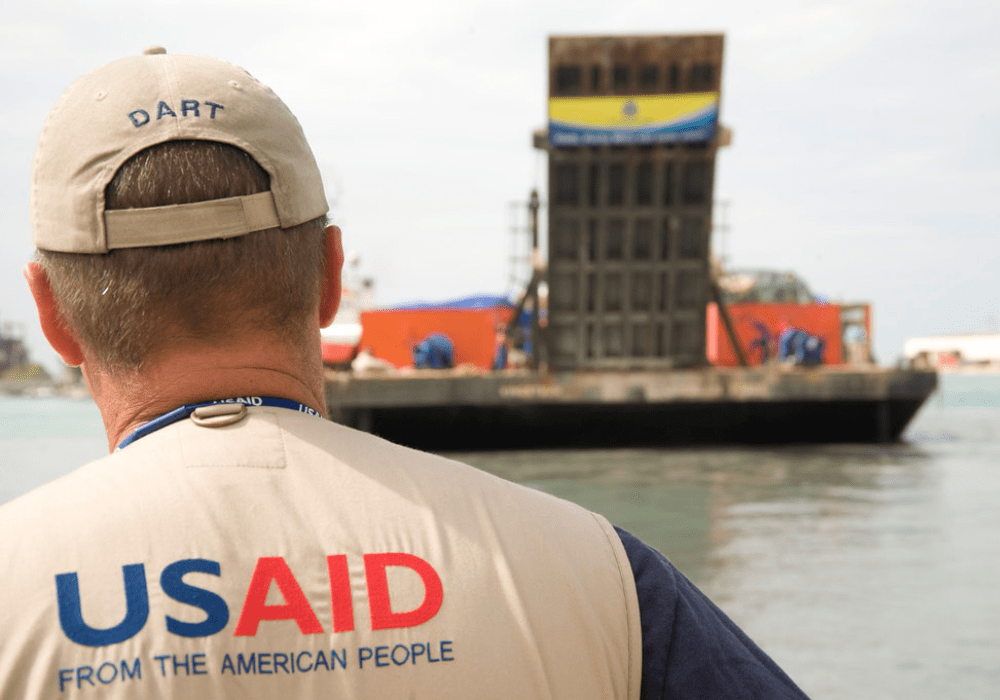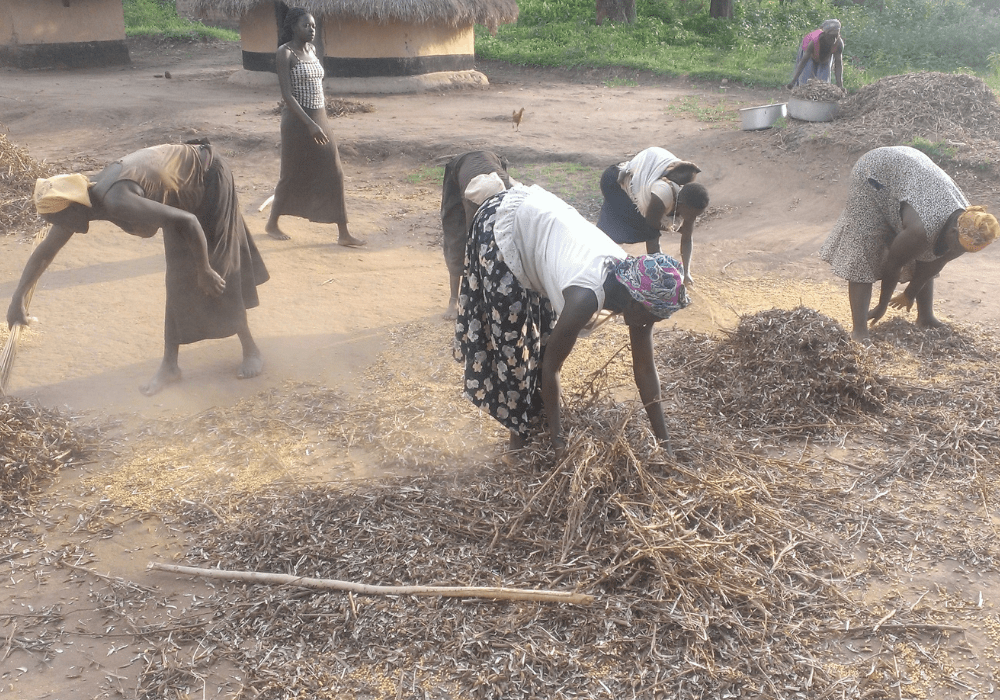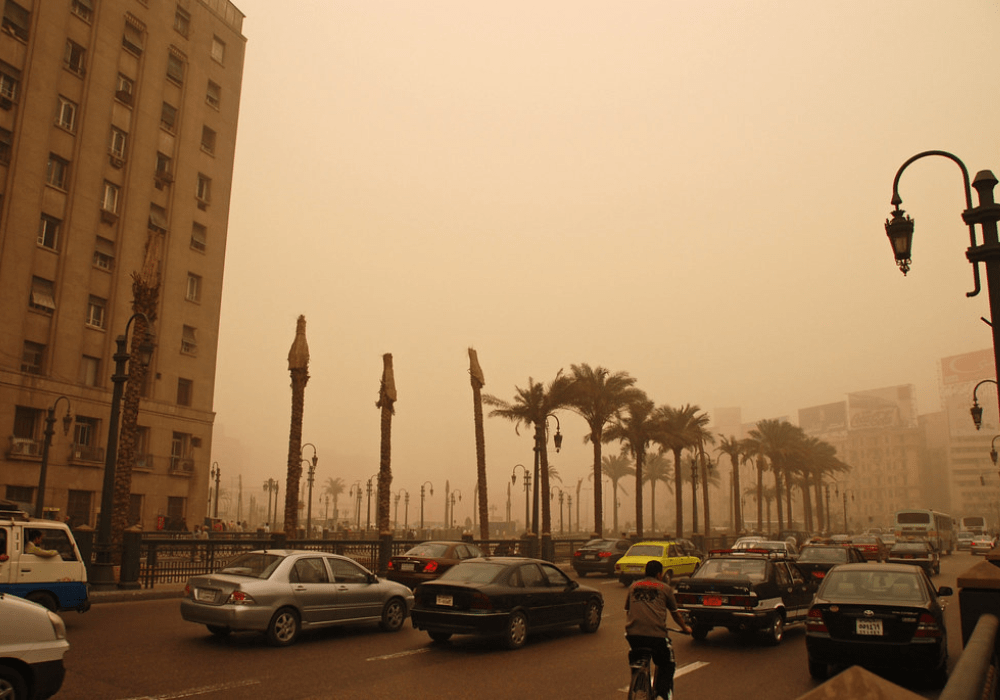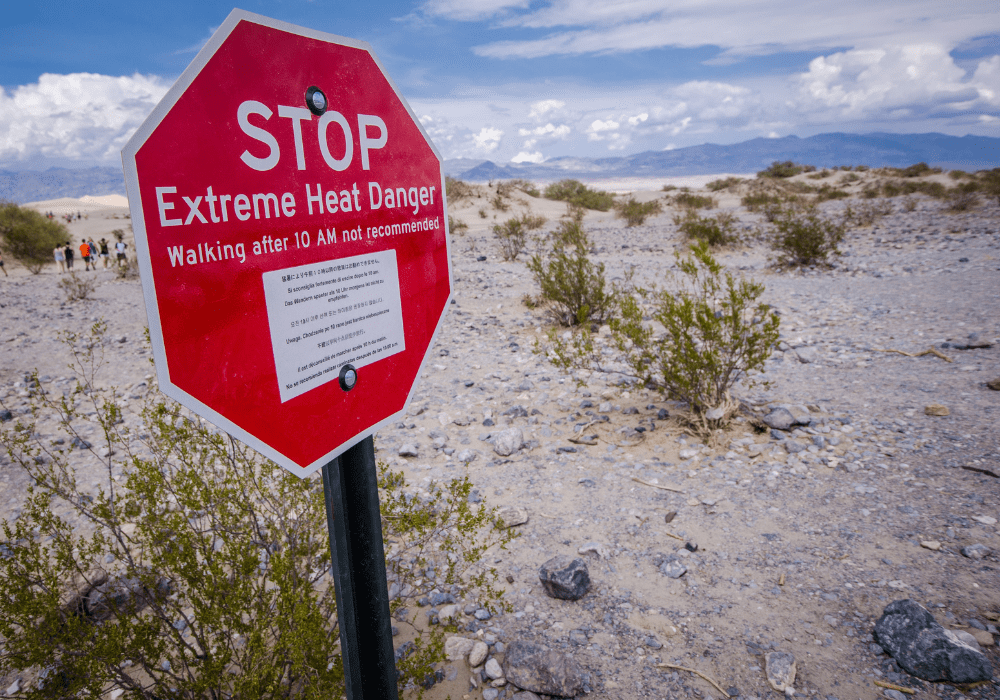
The 2024 United Nations (UN) State of Food Security and Nutrition in the World (SOFI) report found that one in 11 people around the world, and one in five people in Africa, face hunger. The report warns that these numbers are not showing any signs of improvement. Currently, none of the nutrition improvement goals outlined by the World Health Organization for 2030 are on trend to be met.
Continue reading “World Far From Reaching “Zero Hunger” by 2030, According to UN Report”







